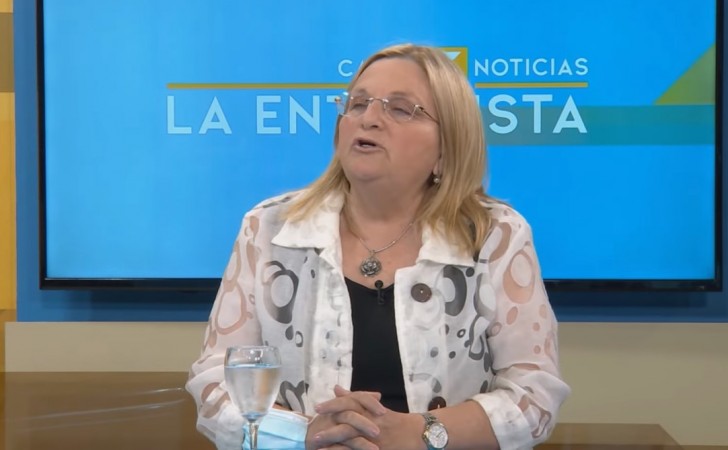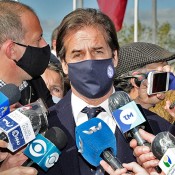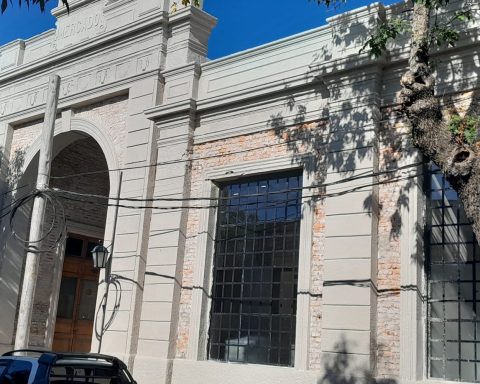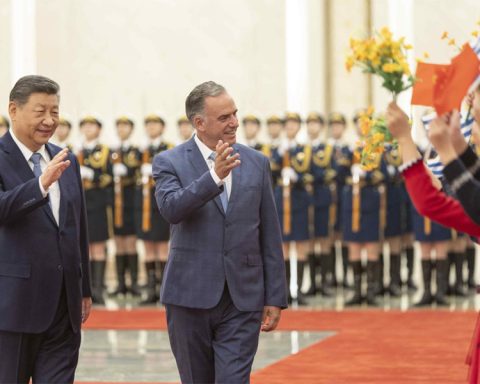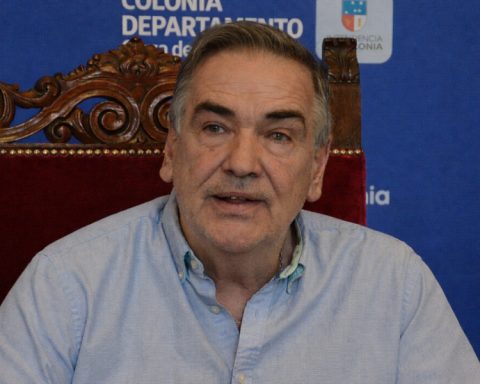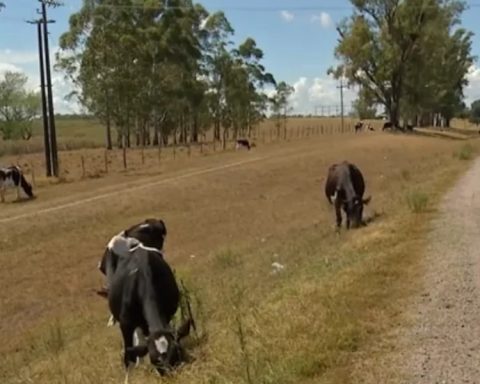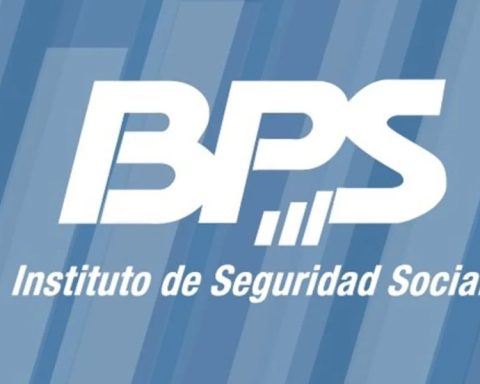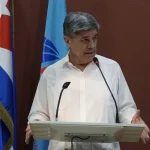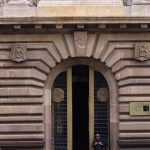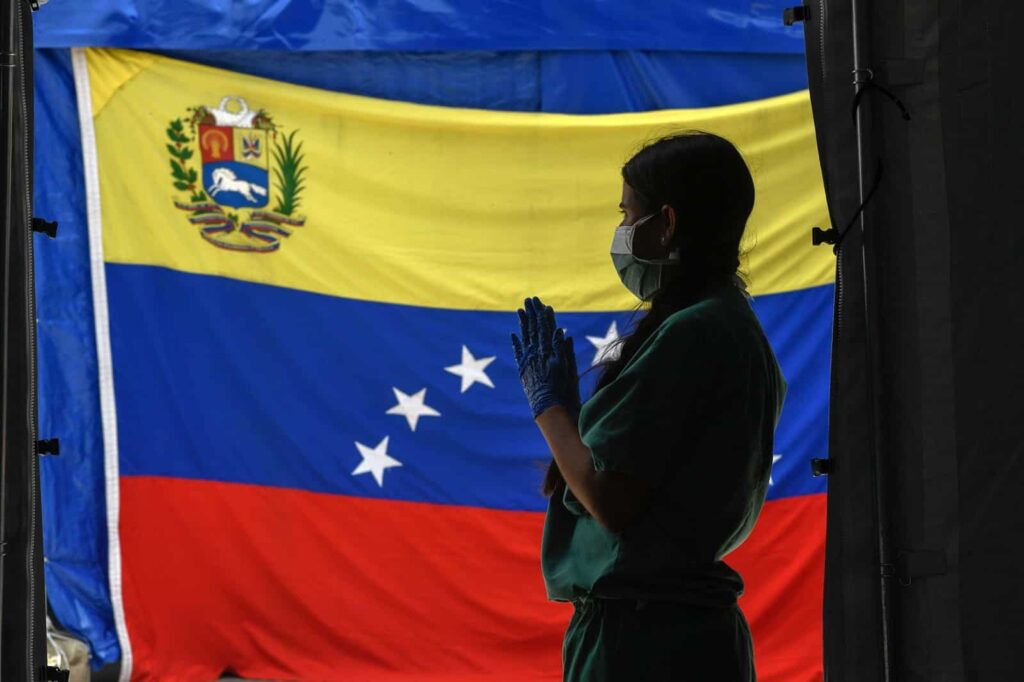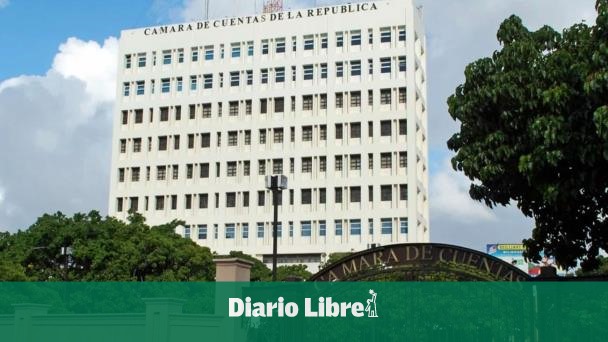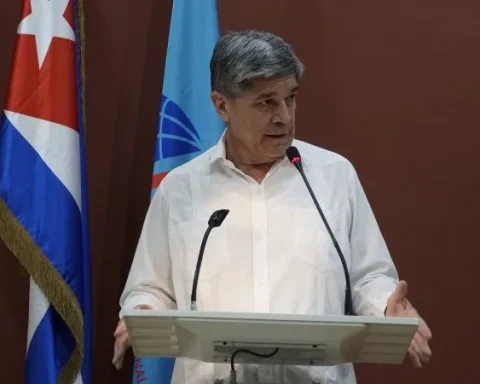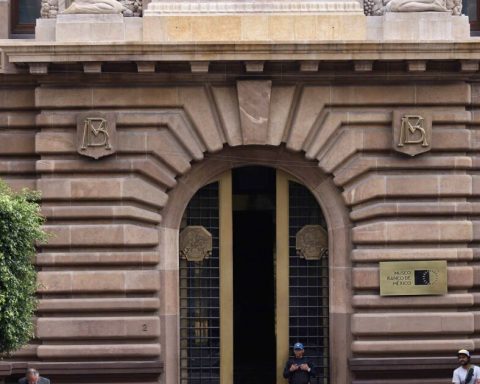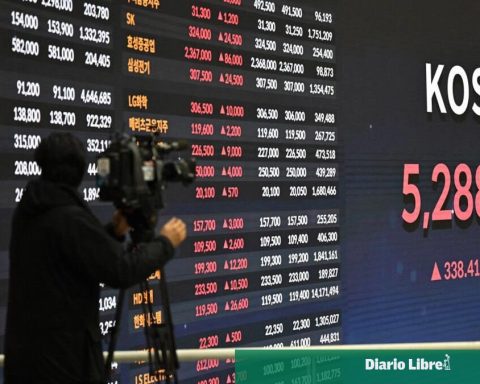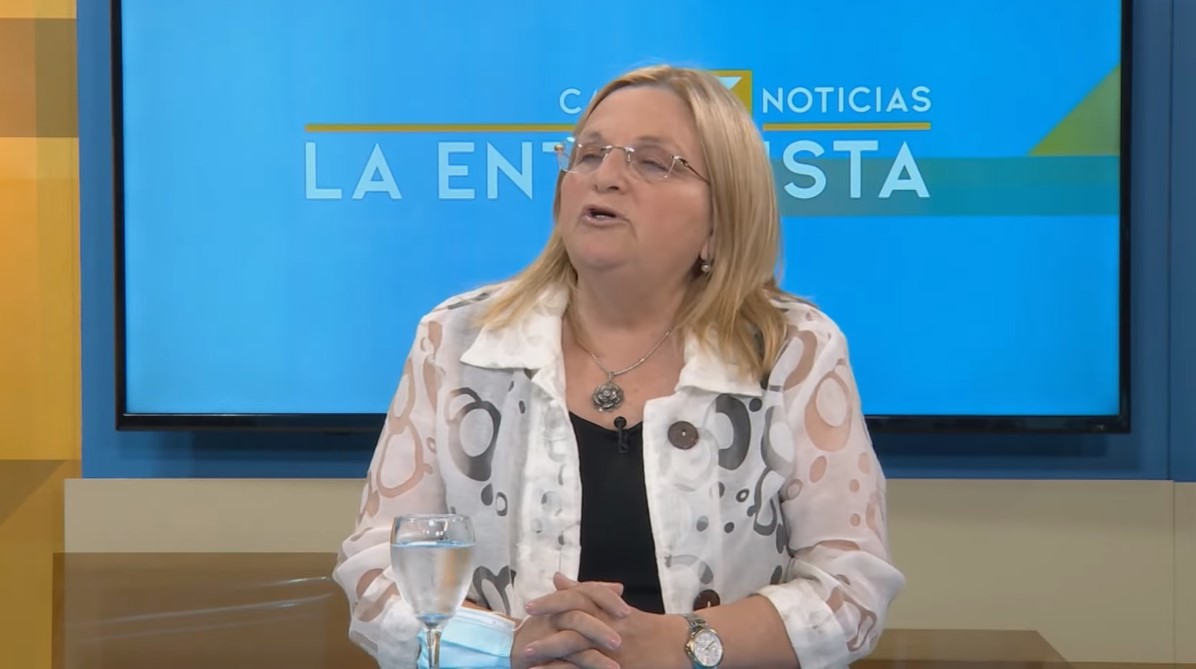
Freedom of the press in Uruguay has been at the center of the discussion since May, when Reporters Without Borders (RSF) reported that Uruguay fell 26 places in its ranking, from 18th to 44th, also pointing to political pressure against journalists in recent years. , including those that covered sensitive issues involving “members of the presidency of the Republic.”
According to RFS, during the government of Luis Lacalle Pou “several cases of political pressure” and that, despite a favorable context, “several investigative journalists have been subjected to threats, intimidation and judicial pressure.”
Added to this concern is now the Inter-American Commission on Human Rights (IACHR)which warned of “a growing climate of harassment and accusations against journalists and critical media” in Uruguay.
In its annual report for 2021, the IACHR mentioned the Minister of Labor and Social Security, Pablo Mieres, and the nationalist senator, Graciela Bianchi, as part of the harassment of journalists and the media.
The body attached to the Organization of American States (OAS), based in Washington, DC, stated that our country “maintains high rates of respect for the right to freedom of expression and democratic institutions,” but added that they have been receiving “Complaints alleging a growing climate of harassment and accusations against journalists and critical media.”
Said harassment occurs “especially on social networks and presumably by official voices, which would be constraining the guarantees for freedom of expression and information space.”
Journalists and civil organizations have also publicly said that, since the COVID-19 pandemic began, there has been “a setback in the guarantees of government transparency and a restrictive environment for access to information of public relevance.”
attacks on journalists
Bianchi is a heavy user of social media, sometimes posting several dozen tweets a day. She has assured that the pandemic “unmasked” journalists who “posed as independent professionals”, whom she has treated as “mediocre and miserable”.
He came to accuse the Uruguayan journalist, Darío Klein, of “treason against the country”, who spoke in a report critical of the Lacalle Pou government for the CNN network.
For his part, Mieres would have asked the weekly Crónicas del Este to withdraw a publication, but later said that a “clarification” had been made by the journalist and dismissed a lawsuit.
The communicator Aldo Silva also appears in the report, who was “target of a series of aggressive messages” on social networks “after he questioned the president (Luis Lacalle Pou) while they debated with other journalists about the numbers of people killed by covid-19. 19 in Uruguay in the program he hosts on Radio Sarandí”.
Lacalle Pou himself has not gone uncriticized: in the resounding interview with the BBC, during his visit to the United Kingdom, the president said that he does not respect Reporters Without Borders and that the Center for Archives and Access to Public Information (Cainfo ) said that they lied in their monitoring in which they found at least 69 threats or restrictions on the freedom of journalists.
